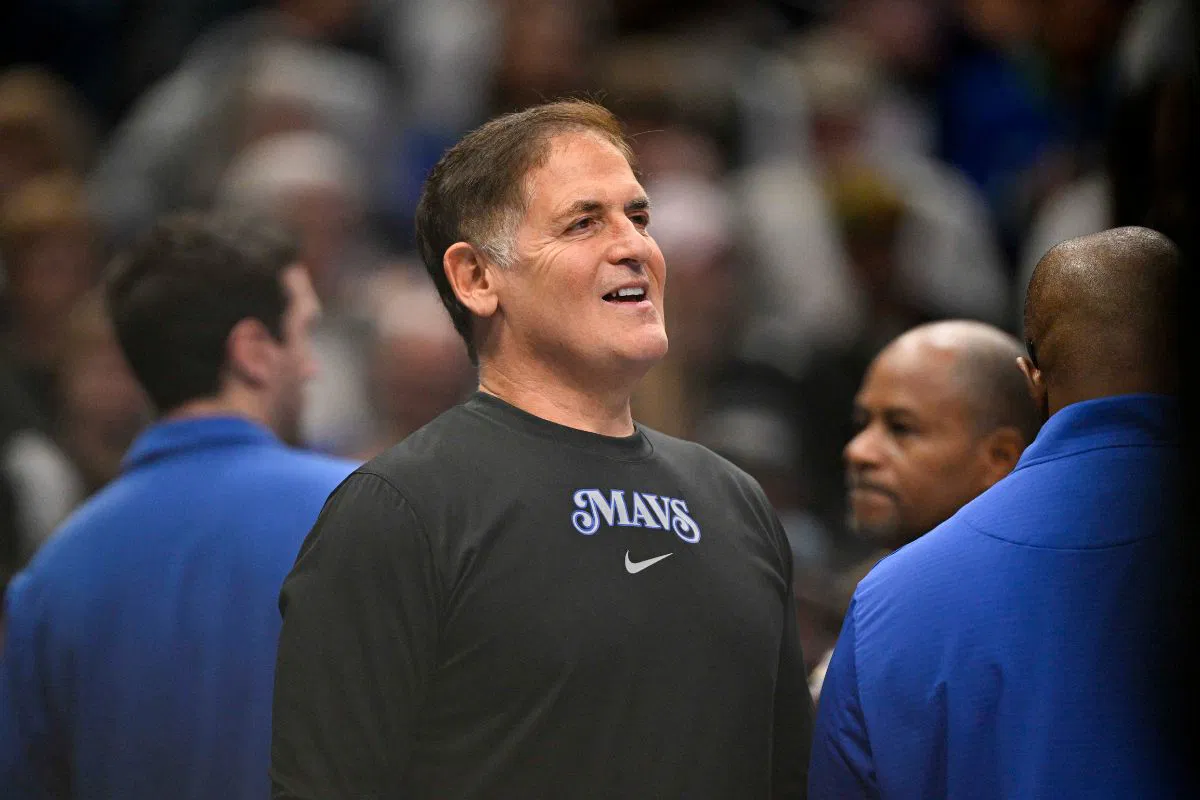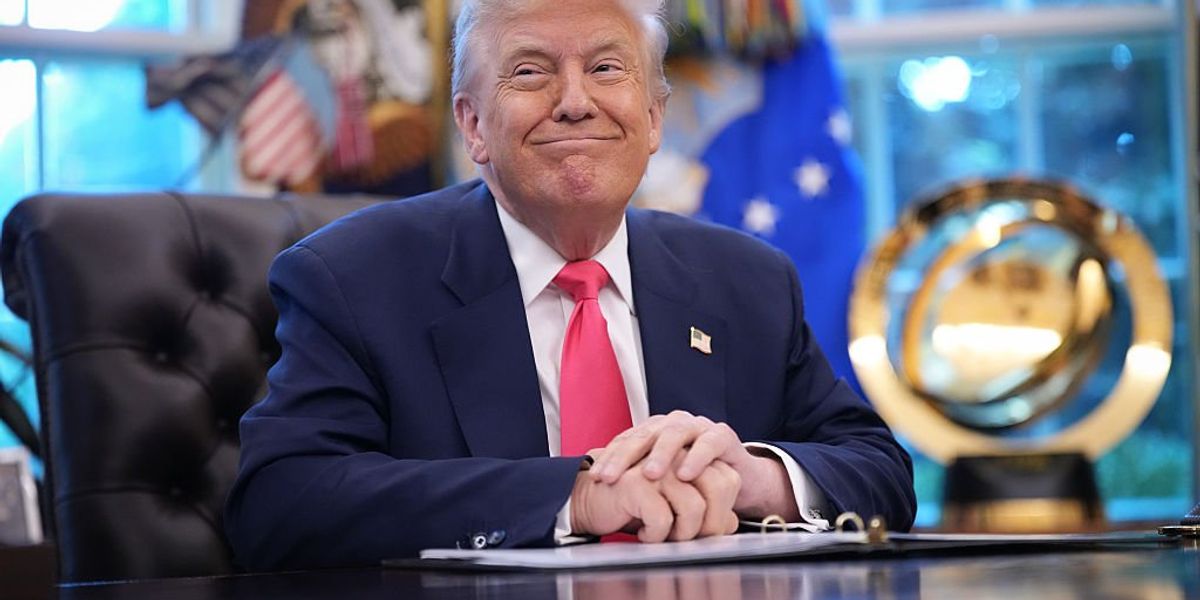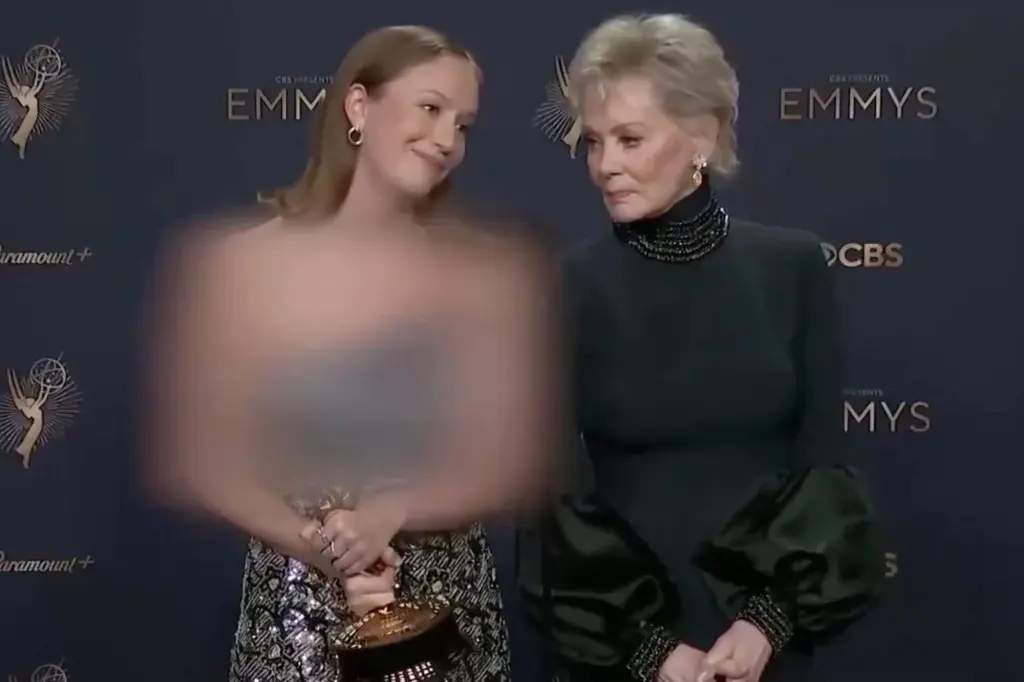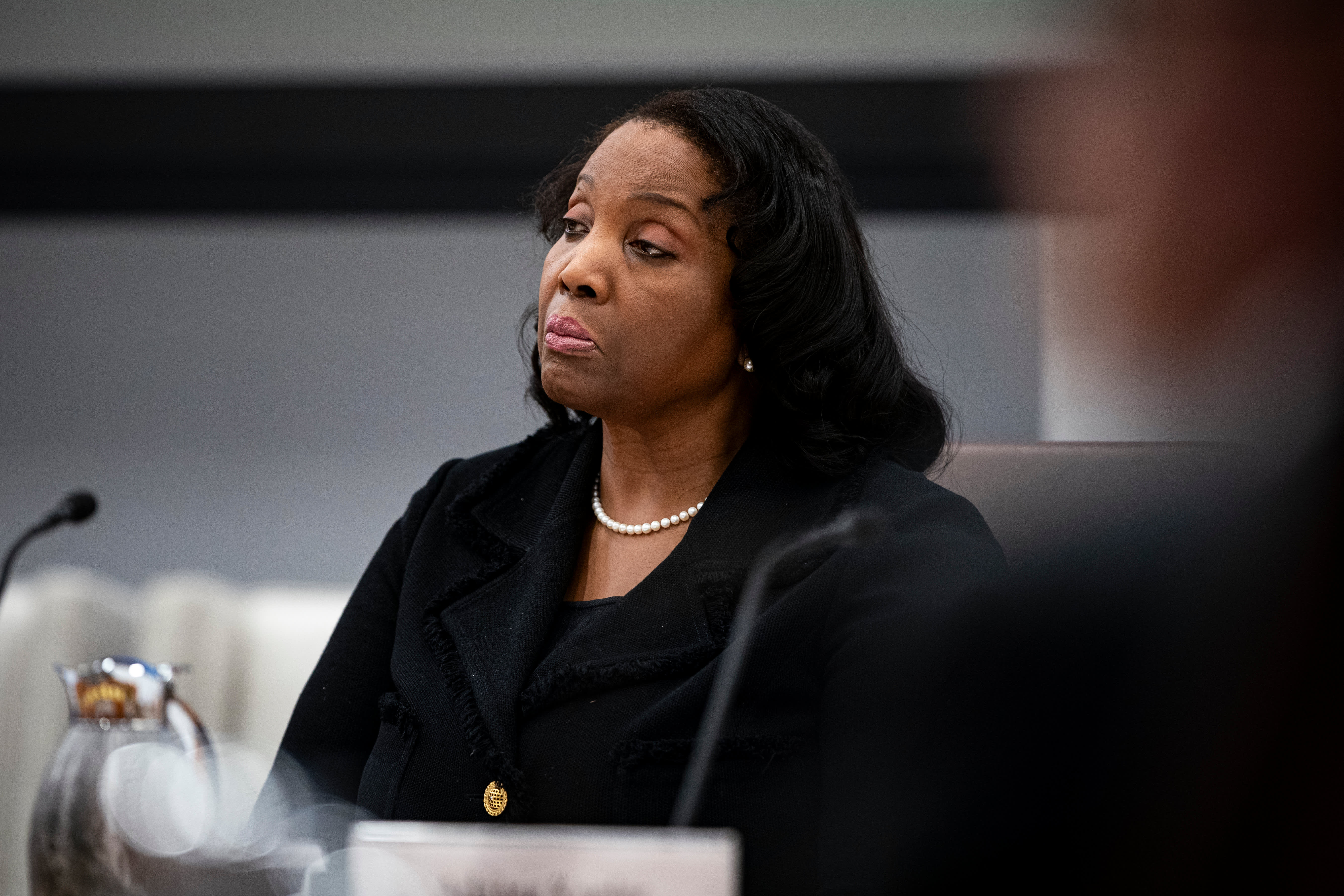NBA Community Turns On Mark Cuban After New Evidence Against Steve Ballmer & Kawhi Leonard Unearths

The Los Angeles Clippers are again facing scrutiny at the intersection of money, star power, and league rules. With owner Steve Ballmer and superstar Kawhi Leonard at the center, new revelations have reignited questions about how far franchises are willing to go in order to secure and sustain marquee talent. And while on one hand the evidence has not stopped showing up, Mark Cuban has found himself in the middle of the controversy through his “Team Ballmer” comments.
The backlash intensified after Mark Cuban, no stranger to league politics, weighed in publicly. His tweet read: “While Pablo is focusing on the $2 million and $50 million from Wong Balmer, he didn’t really get into the millions of dollars in carbon credits that were purchased by the clips and the arena. I bring this up because it would have been a lot easier and a lot safer, if he was trying to circumvent the CBA to just buy more carbon credits. They were almost all margin, as Pablo correctly pointed out, so they would have created the cash immediately to pay KL2.” The comment not only drew attention to an overlooked angle but also thrust Cuban into the controversy, sparking debate across the NBA community about whether he exposed a real loophole or simply added fuel to speculation.
Pablo Torre, however, provided what Cuban only suggested. On his show, Torre shared details from internal documents and bank correspondence that painted a clearer picture of the financial maneuvers. According to Torre, a letter from East-West Bank confirmed Clippers approval of a $20,961,382 withdrawal, earmarked for “carbon projects” through Aspiration Sustainable Impact Services. Signed by the Clippers’ chief financial officer and dated June 14, 2022, the transaction came just two weeks before Leonard’s payment deadline. Torre’s reporting indicated that the transfer was both swift and sizable enough to serve dual purposes: supporting Aspiration’s operations and facilitating obligations tied to Leonard.
ADVERTISEMENT
Article continues below this ad
Patterns of aggressive spending and creative financing have long surrounded Ballmer’s Clippers, but this development raises sharper questions about intent and oversight. What Cuban flagged as a hypothetical workaround, Torre’s documentation suggests may have occurred in practice, a rapid-fire, high-margin transaction executed at a critical juncture. Now, with fans dissecting every angle online and analysts calling for transparency, the case has returned to the present as more than just a financial footnote. It is a test of how the NBA handles innovative, and possibly questionable, ways its teams move money when star players are involved.
ADVERTISEMENT
Article continues below this ad
Fans take on Cuban’s role in the Clippers controversy
Mark Cuban’s entry into the discussion was always going to stir strong responses, given his reputation for weighing in on league politics. One fan wrote: “So Mark has been ‘Team Ballmer’ all this while just so he could drop hints and lead Pablo in the right direction? Masterstroke.” That reaction highlights the suspicion that Cuban wasn’t just weighing in neutrally, but had been aligned with Ballmer in subtle ways. Fans have long accused Cuban of playing both sides when it suits him, and this take frames his tweet as a calculated move, a carefully timed nudge to shape the narrative.
Another fan cut straight to Cuban’s larger-than-life persona, writing: “Mark’s 3 tweets away from writing a ‘How I Would’ve Done It’ book about himself.” The jab plays on Cuban’s reputation for self-promotion, where even legitimate insights get overshadowed by his tendency to make stories about his own brilliance. This isn’t new for Cuban, who has often thrived in the spotlight during controversies.
For example, between 2000 and 2014, Cuban racked up more than $2 million in NBA fines for everything from criticizing referees to blasting league rules, the highest total for any owner during that span. Fans see his current commentary through that same lens: less about resolving issues, more about amplifying his presence. In a community already skeptical about ownership transparency, that self-branding instinct rubs many the wrong way.
A harsher comment took aim at Cuban’s repeated explanations of the loophole itself: “Marc literally continuing to tell people how it’d be ‘smarter’ to do all this fraud shows exactly where he’s been his whole life. In the fraud business.” For these fans, Cuban’s detailed breakdown of the carbon credit margin didn’t come off as a critique but as a blueprint, making him appear too comfortable with the mechanics of wrongdoing.
That reaction echoes past skepticism, such as when the NBA fined him $600,000 in 2018 for admitting on a podcast that he told players losing games could help draft position. To many, that fine cemented the image of Cuban as someone who casually exposes the inner mechanics of league operations, often without realizing how damaging it sounds. The fan’s reaction here reflects that same anxiety: when owners understand the workarounds so well, the line between observer and participant can blur uncomfortably.
And then came the blunt, almost inevitable pushback: “Yikes. Your turn, Mark Cuban…” Short but cutting, it captured the sense that Cuban had dug his own hole. By stepping into the spotlight and describing one of the exact methods Torre’s reporting later backed up with documents, he opened himself to scrutiny.
Fans read this as a signal that Cuban may have revealed too much, and in doing so, shifted some of the fire away from Ballmer and Leonard, and squarely onto himself. The tone of this reaction mirrors what Cuban has faced before, after his 2014 admission that the Mavericks tanked late-season games to keep a lottery pick, he became the story instead of the strategy. This time, once again, his words may prove as damaging to him as the controversy itself.
Amid this storm, attention inevitably turns back to Kawhi Leonard himself. Reports suggest the Clippers may no longer see him as their long-term centerpiece, with executives across the league speculating that Leonard could leave once his current contract runs its course in 2027.
Taken together, these reactions illustrate the way Cuban’s words landed in real time: as both entertainment and evidence. Some framed him as a mastermind, others mocked his ego, and still others saw him as exposing his own proximity to shady practices.
ADVERTISEMENT
Article continues below this ad
For the Clippers, this chorus of reactions complicates matters. Torre’s documents may be the core evidence, but Cuban’s tweet and the backlash it triggered show that perception often shapes reality. If fans believe an owner is hinting at inside knowledge, the league has little room to brush it aside as speculation.
In the bigger picture, the clash over Cuban’s comments becomes less about him alone and more about institutional trust. The NBA has fought hard to project integrity in its financial rules, but when fans see owners casually discussing workarounds, skepticism deepens.



